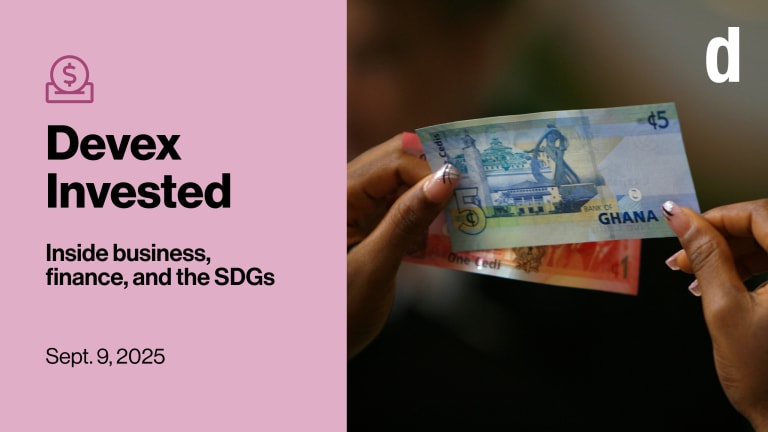
Later this month, Brian Atwood, chairman of the OECD Development Assistance Committee, will help world leaders map out the future of international cooperation at the Fourth High Level Forum on Aid Effectiveness. In this exclusive guest opinion, Atwood gives a glimpse of what’s to come. Read the full op-ed, and check out this excerpt:
Today, innovative financing discussions lead to suggestions for public-private partnerships, advance market commitments, a variety of ideas for taxing transactions to raise money for investment, infrastructure funds and mobilizing domestic resources through more effective tax systems. Truly innovative pioneers like Muhammad Yunus and Hernando de Soto continue to offer fresh insights into the power of microenterprise and the need to legally empower the poor. Their work is distinctive because unlike other “innovations,” it proceeds from the inside out.
The “inside-out” work is truly developmental because it involves creating the environment for investment, both local and external. This involves the issue of risk. Guarantees, loans and risk insurance can reduce risk only up to a point. The real risk for investment in developing countries is in the arbitrary behavior that flows from weak institutions and systems. When a potential investor examines the economic and financial environment in a country, they look at the extent to which governments control economic activities and financial transactions. They look at tax systems, banks, customs operations and commercial codes. They observe the political stability of a country and they want to know whether the citizens of that country constitute a viable workforce, and whether there is a large informal economy.
Read Brian Atwood’s full op-ed, brought to you by Devex in partnership with the United Nations Foundation.








